close
What is Pelorus Foundation?
Our mission is to champion innovation and act as a catalyst, empowering individuals and local communities to preserve and protect the world’s wildlife and wild places for future generations.
An ode to the majestic African forest elephant and Field Rangers who risk their lives every day to protect them, a true wildlife love story with soaring highs and heart-wrenching lows.
Attempting to combat the gruesome threats posed by increasing instances of commercial poaching, over 150 Field Rangers lose their lives each year working on the front lines of conservation, protecting both habitats and animals. Commercial poaching targets an array of wildlife, from the gravely endangered shoebill stork and pangolin, to the rhino, and lesser-known African forest elephant. Smaller and darker than their their savannah counterparts, the African forest elephants are often referred to as elusive, populating dense expanses of rainforests in west and central Africa – including the Democratic Republic of the Congo (DRC).
They are widely respected as the ‘mega-gardeners’ of the African forests as their diets are dominated by fruits, meaning they disperse many species of trees throughout the forest, particularly those with a high carbon content which are best equipped to mitigate the effects of climate change.
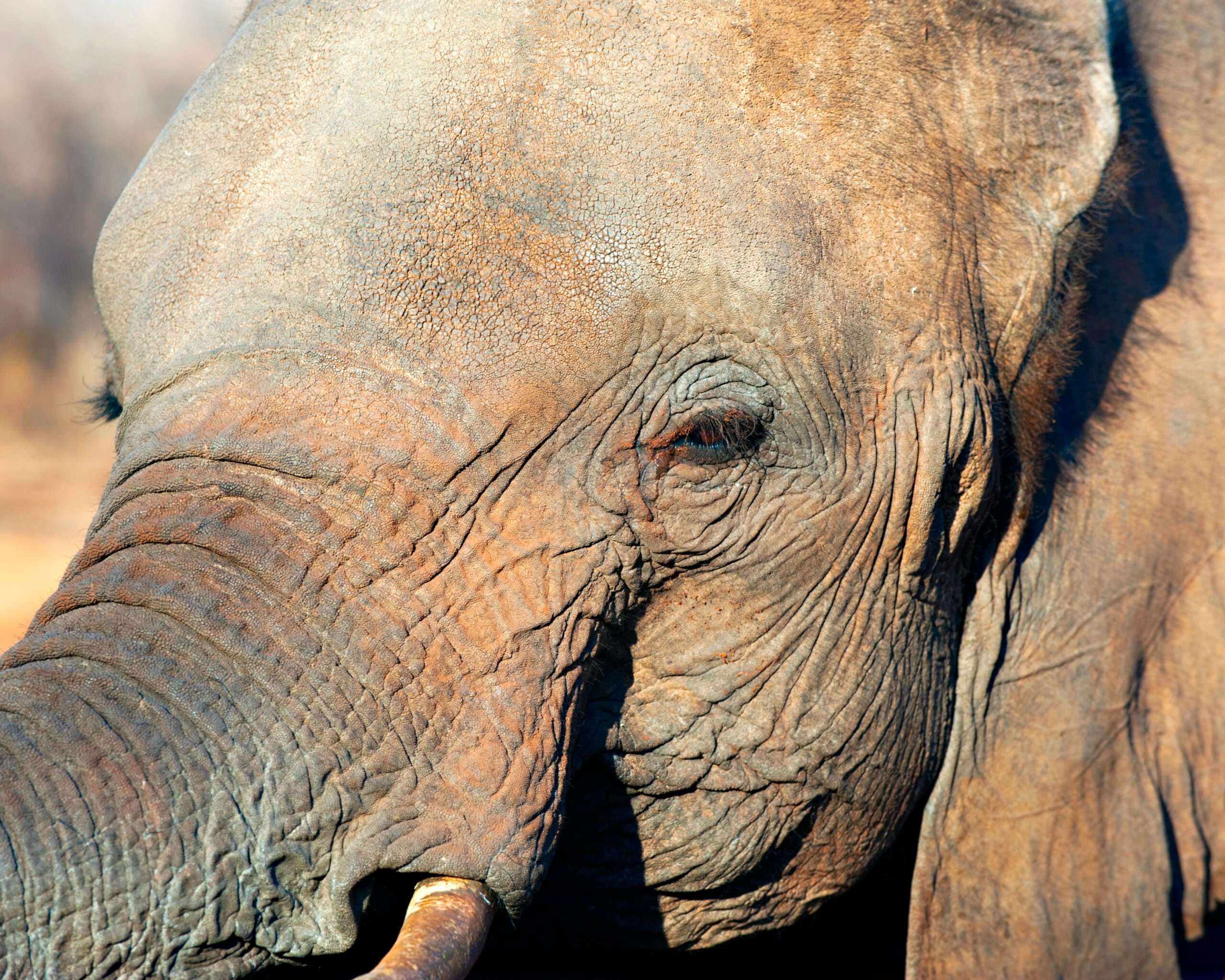
“Despite its status as a national park, poachers have been able to operate in Upemba for years, which has led to severe declines in biodiversity. Of the circa one hundred thousand elephants that once roamed this area, just two hundred are left. Time is really running out for this protected area.”
Anti-poaching units in these parts are few and far between compared to the southern African region due to fewer funds being available. A study by Scientific American found that between 2002-2011, 62 per cent of African forest elephants were killed for their ivory. This massacre, combined with a much slower reproductive rate than other species, means the forest elephant is struggling to bounce back from the population decline. It’s estimated their population is less than 10 per cent of its potential size, meaning these creatures are now recognised as critically endangered.
The park was initiated as a haven for animals in the midst of a region heavily impacted by mining and conflict, but the protected area is becoming increasingly compromised. Despite elephants being a protected species in the DRC, the region is no exception to the many parks across the central and west African region facing a poaching crisis. For example, the Upemba National Park once sheltered an important Savannah elephant population, but due to excessive illegal poaching, the species is no longer seen in the park. Although there are some who still believe that there might be a small number inside the park this is yet to be proved.
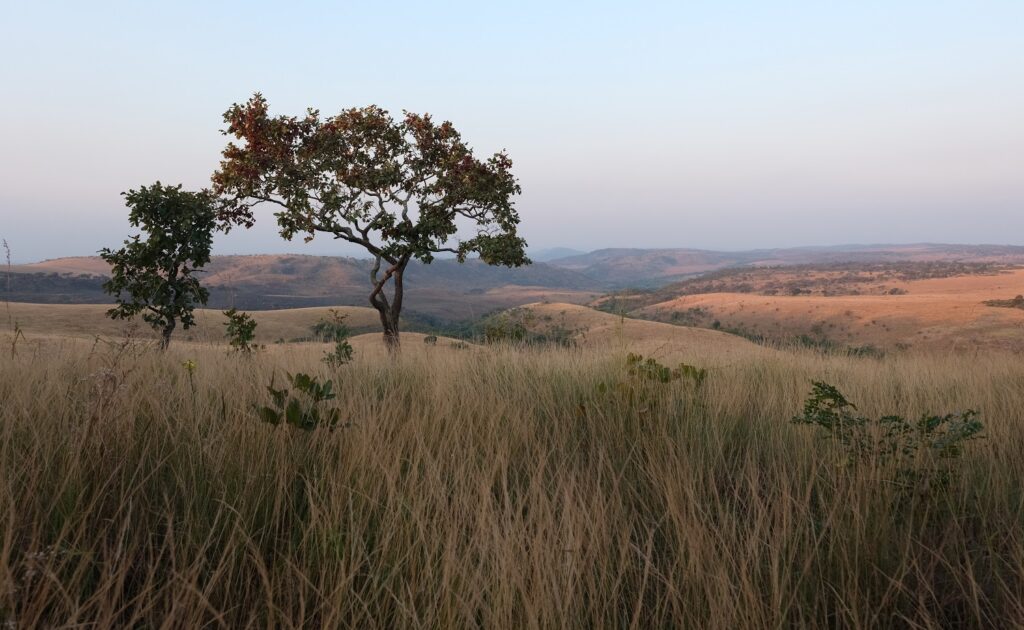
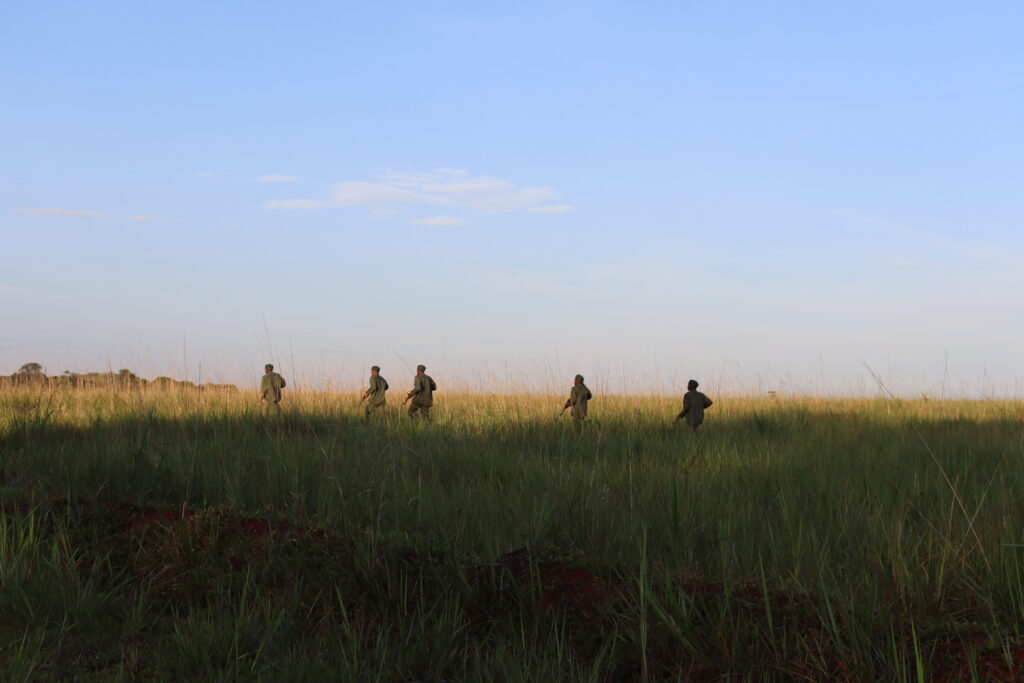
The rangers of Upemba have dedicated their lives to protecting the last remaining elephant herd in the park against local armed militia. These groups pose a huge threat to the elephants in Upemba as they conduct regular poaching raids to sell the ivory from elephant tusks to traffickers in surrounding cities and countries. The rangers have done the hardest part, choosing to commit their lives to this cause. However, they are inhibited when it comes to resources as their equipment is outdated, impacting their ability to cover large-scale and long-distance patrols of remote sections of the park that poachers target. They also lack the adequate training needed when carrying out one of the world’s most dangerous jobs.
This is where you come in, to ensure rangers are not putting their lives on the line for lack of adequate training. Effective ranger training can mean the difference between life and death. Please stand with Pelorus Foundation and donate to protect endangered species and communities on the frontline.
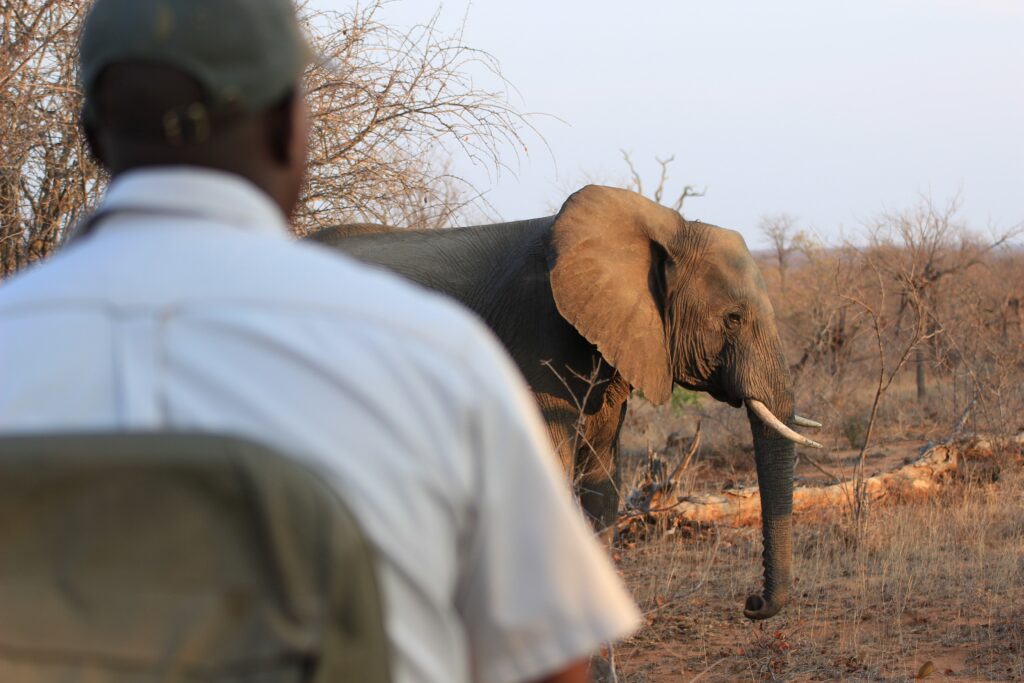
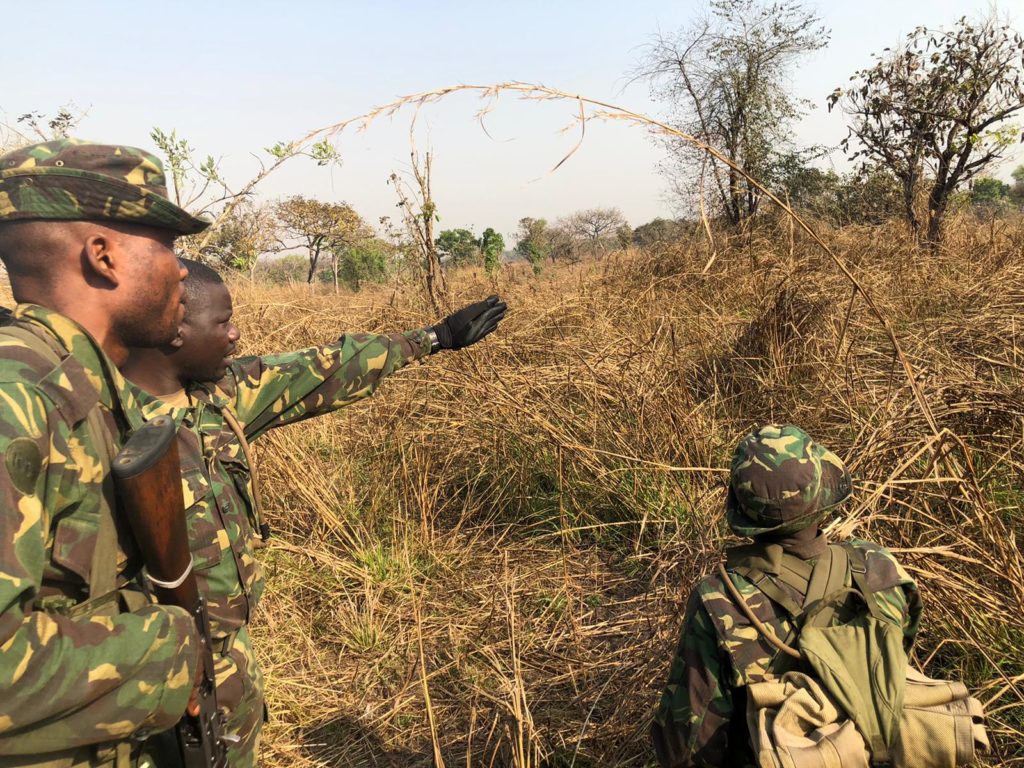
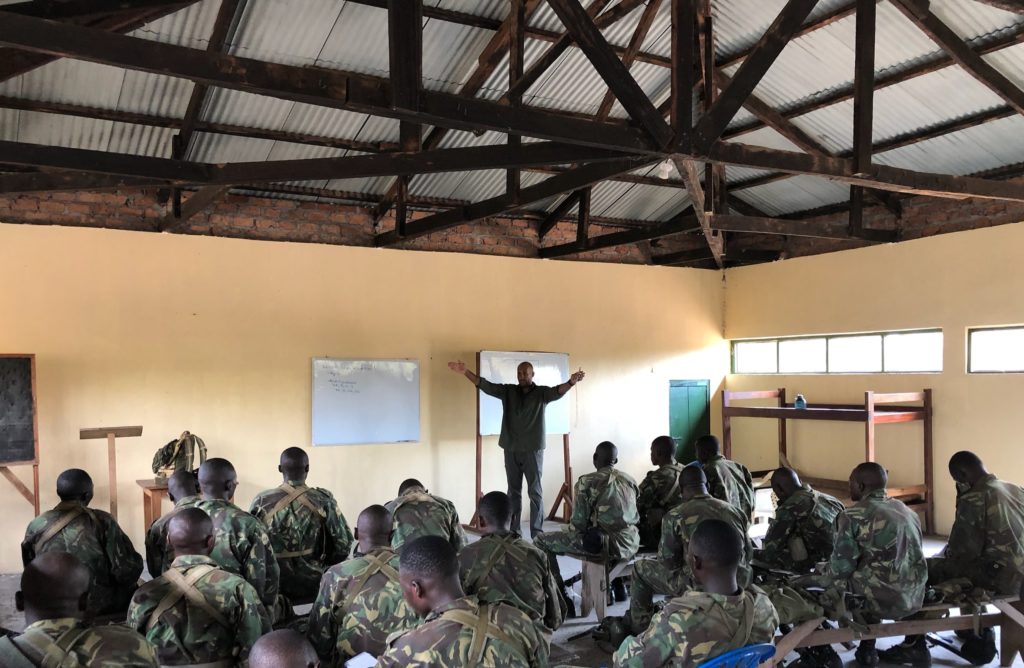
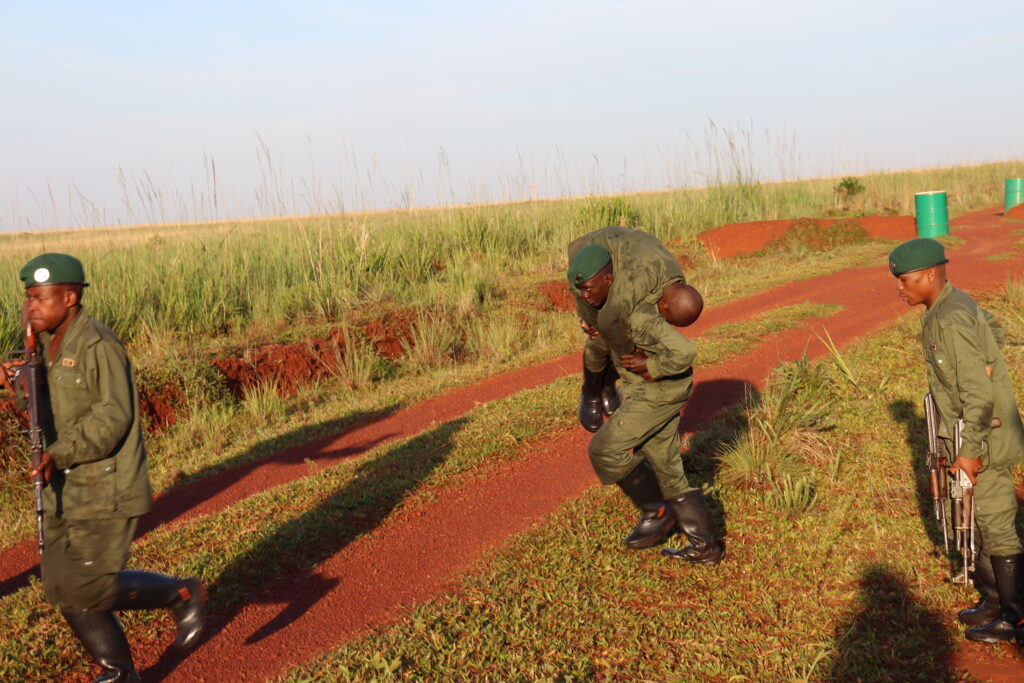
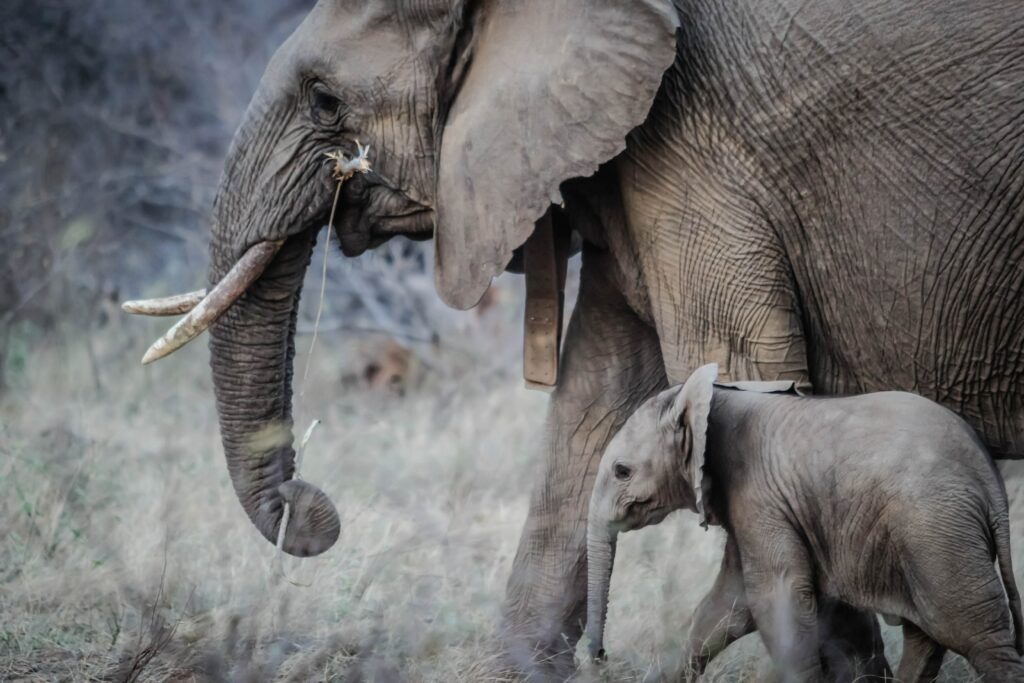
It is incomprehensible to think that when humans poach or hunt animals for sport, we forget that we too are animals. We share many of the same primal instincts although ours have been suppressed and diluted by societal convention and technological advancements amongst other things. More than anything, we both aim to protect and provide for those we love and live in harmony with the many different species that surround us. It is more than apt for us to put ourselves in the proverbial ‘shoe’ of a fellow animal, such as the African forest elephant as well as the rangers whose lives are dedicated to ensuring they continue to roam our African forests forever. It is only in this way that we can come close to understanding the importance of helping this project financially, as that is ultimately all we can do.
Moreover, it is the easiest and most effective way of helping, ensuring that these rangers are as highly trained as they can be to carry out their challenging mission. Working to translate this strategic vision into actionable objectives is our partners on the ground, Frontier Collective, who provide specialist operational advice, support, and training – mitigating threats to wildlife, people.


By the 30th of September, we need to raise at least £3,500 to bridge a funding gap, helping to support Field Ranger training projects like this, helping to protect communities on the frontline of conservation and endangered species. All funds raised will go wherever the need is greatest, ensuring that through Pelorus Foundation you are helping to protect wild places.